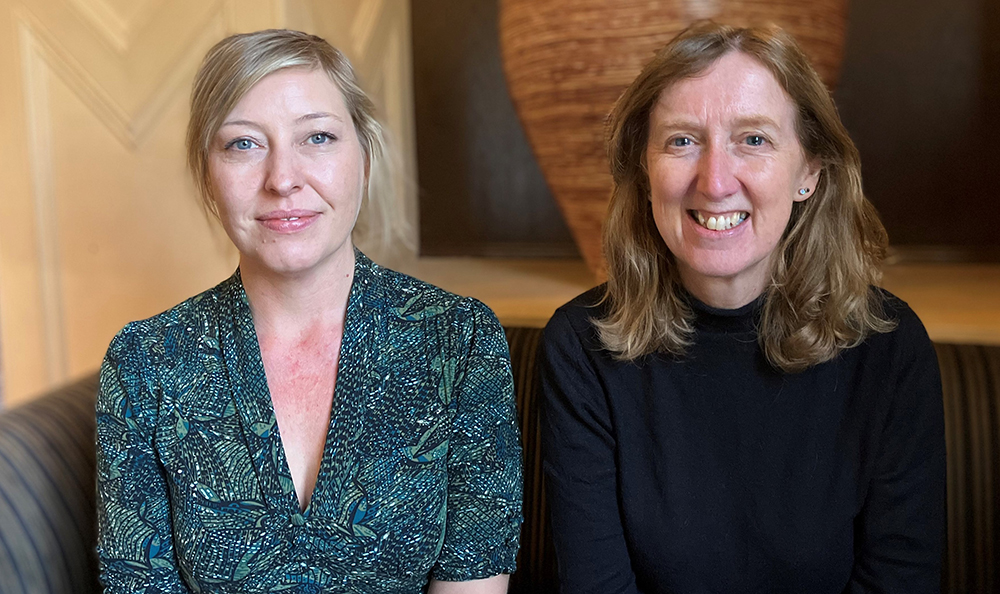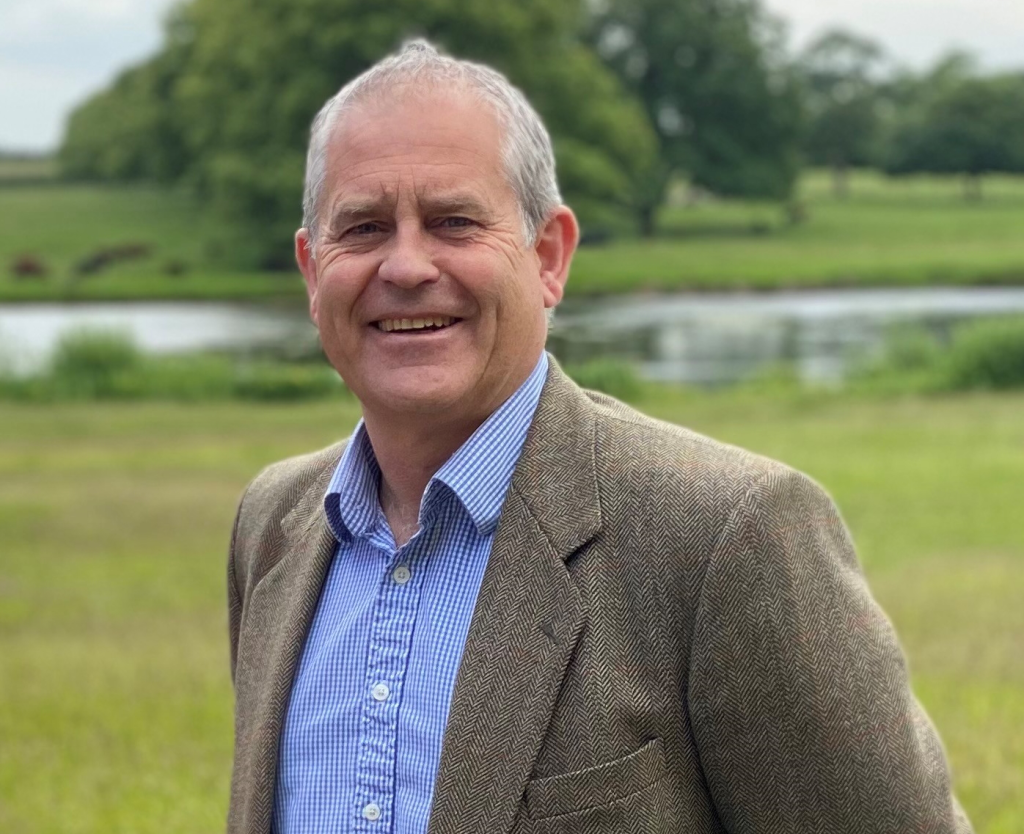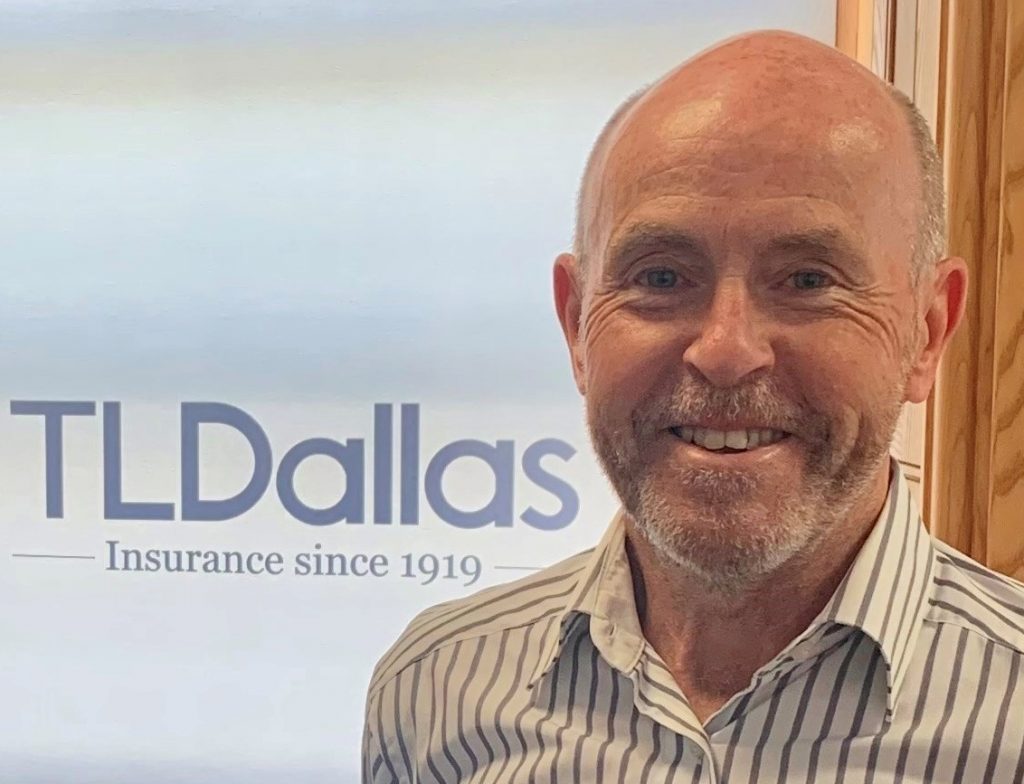Specialist insurance for high net worth individuals

Tim Mackenzie and Jim Redmond are part of a team of seven who arrange both private and commercial insurance at Edinburgh based insurance brokers, TL Dallas & Co Ltd (TL Dallas). The team has a wealth of industry experience, and from its base on Castle Street, acts as trusted insurance and risk management advisers to […]
Independent insurance broker expands into Cumbria

An independent insurance broking and risk management specialist is expanding into Cumbria. TL Dallas, which already has 11 UK offices, has appointed seasoned insurance professionals, Lynne Taylor and Emma Irving, who have 60 years combined industry experience, to head up the office. TL Dallas in Cumbria offers general commercial, corporate and agricultural business insurance and […]
Chewing the cud – an agricultural insurance brokers view

Ed Davey is a director at Dallas Scott Davey, an independent insurance broking and risk management firm based in Lincolnshire, that is part of the TL Dallas group. Dallas Scott Davey specialises in agricultural insurance. Ed said: “Agriculture has faced and risen to major challenges for hundreds of years, not least because Yeoman are generally […]
How to avoid underinsurance as building costs inflation reaches record high

Underinsurance remains a concern for many people and businesses. Underinsurance worsened during the COVID pandemic, and the Chartered Institute of Loss Adjusters has reported that over 40% of all commercial claims exhibit some degree of underinsurance, which is now compounded by soaring inflation. A new guide from the British Insurers Brokers’ Association (BIBA) advises how […]
Shetland insurance broker expands ahead of 30th anniversary

The only independent insurance broker on the Shetland Islands is expanding ahead of its 30th anniversary next year. TL Dallas opened in Lerwick in April 1993 and has a long-standing reputation for its considered, professional advice and excellent client care. Liam Peterson has joined the business this year, bringing the team up to six. The Shetland team […]
TL Dallas advise on investment by Panoramic into APS

The Glasgow office of insurance broker, TL Dallas, has once again provided insurance due diligence services to Panoramic Growth Equity (Panoramic), the leading equity investor in fast growing, entrepreneurial companies, which is also based in Glasgow. Panoramic has invested into Aluminium & Plastics Systems (APS) Ltd, a leading stock-holding company selling aluminium and PVCu products to […]
TL Dallas tells its story to the PBFA

TL Dallas supplies specialist books and collectables insurance policies that are approved by the Provincial Booksellers Fairs Association (PBFA). This month Molly Jones, from TL Dallas in London, provided a blog for the PBFA’s website and has also attended the York National Book Fair at York Racecourse. Molly said: “Having developed a suite of specialist […]
Latest TL Dallas Risk Management Newsletter Spring 2014 available
Topics covered in this issue – workplace compensation claims, IOSH Managing Safely, work at height, COSHH guidance read more here
The Joshua Project Star Awards
One of our nominated charities for 2014, The Joshua Project, held their annual Star Awards last night and we were happy to sponsor the Triumph Over Adversity award which was won by 15 year old Brandon Davey for his commitment to overcoming a series of challenges faced in his life. The award was presented by […]
My Penguathlon 2013 by Jeremy Burnham
In late 2012, and after too many drinks at a friends Christmas party, I agreed to take part in my first “Penguathlon”. This was to involve cycling from Leeds to Newcastle (106 miles), run the Great North Run the following day (13.1 miles) and then cycle back to Ilkley (100 miles) the next day. Oh, […]
24 Hour Emergency Telephone Numbers 2013-14
We’ve pulled together an updated list of our emergency telephone numbers for 2013-2014.
The Herald – 9th November 2013
Polly Staveley is happy to steer the family firm home by Scott Wright, The Herald, Group Business Correspondent It is a voyage that began in Scotland in 1919, when its founder first became involved in marine insurance. Almost a century later, the good ship TL Dallas is moving full-steam back into the Scottish market. Polly […]
TL Dallas Proud to Sponsor Family Business Awards
TL Dallas are delighted to be a category sponsor for The Herald’s Scottish Family Business Awards. The award ceremony takes place in Glasgow in early December and TL Dallas are giving an award for Excellence in Customer Service. http://herald-events.com/familybusiness/
TL Dallas do Movember
Mark Adams, Matt Smith, Matt Rhodes, Adrian Ferris & Mike Martin at our Head Office in Bradford, are participating in Movember this year (not all were willing volunteers) For those who haven’t heard of Movember, it basically entails not shaving your moustache at all in the month of November, and yes, also looking like Baldrick […]
National Fork Lift Safety Week
23-27th September, 2013 National Fork Lift Safety Week was launched in 2008 by the Fork Lift Truck Association to raise awareness of the dangers of fork lift environments, and the importance of common sense measures that can make fork lift operation as safe and efficient as possible. This year, we’re encouraging 1,000,000 Britons to confirm their safety […]
The TLD 100 – Sponsored Walk
On the 13th of July a bunch of brave souls inadvertently chose one of the hottest days of the year for our first TLD 100 Charity Sponsored Walk. The route we chose was just short of a half marathon; from the TL Dallas Honley office back to the Head Office in Bradford. A distance of […]
Warning over new ‘flash for cash’ insurance scam
Criminals gangs tricking motorists before intentionally crashing into them Investigators are warning about a new tactic by criminal gangs, dubbed ‘flash for cash’, where a driver flashes their lights to let another driver out of a junction, and then crashes into them deliberately. The criminals then make money by putting in false personal injury claims […]
Latest Newsletter from TL Dallas Risk Management
Topics covered in this issue: Working in Hot Weather; Electrical Safety in the Workplace; Fees for Intervention; Personal Injury Claims Reforms; IOSH Managing Safely Course To read more from this newsletter, please click here.
A New Threat & Maybe A Nasty Phone Bill
One of our Unitas Partner Insurers, QBE, has recently reported on a new threat to hit business. Phone Phreaking is a fraud where commercial phone systems are hacked in order to place outbound calls to premium-rate numbers. These numbers are controlled by the fraudsters themselves and can be charged at extortionate rates. It is […]
Working in Hot Weather
During the summer months we can look forward to some hot weather, however, it is not what most people consider to be ideal working conditions and it carries risks whether you work inside or out. What constitutes acceptable working temperatures? Under the Workplace (Health, Safety and Welfare) Regulations 1992, the temperature inside workplace buildings, during […]
